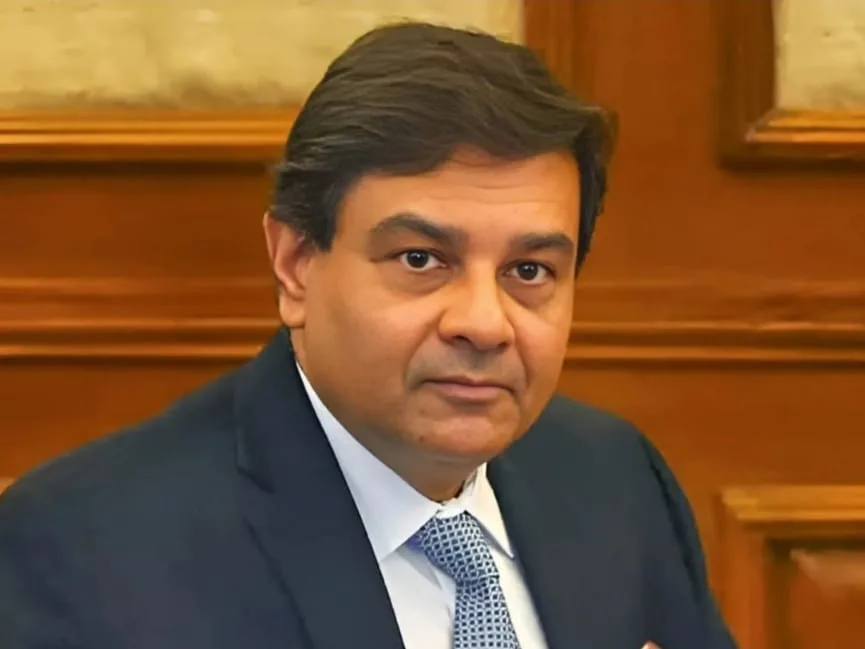The Union government has approved the appointment of former Reserve Bank of India (RBI) Governor Urjit Patel as Executive Director at the International Monetary Fund (IMF) for a period of three years.
International Monetary Fund (IMF)
- The IMF was established in 1944 in the aftermath of the Great Depression of the 1930s.
- The organization is currently composed of 191 member countries. Each member’s representation on the Executive Board is determined by its financial contribution (quota).
- The Board consists of 25 Executive Directors, elected by member countries or groups of countrie
- India belongs to a four-country constituency along with Bangladesh, Sri Lanka, and Bhutan.
- Headquarters at Washington, D.C
- Publications of IMF Includes like World Economic Outlook, Global Financial Stability Report, Fiscal Monitor, Global Policy Agenda.
IMF’s Role in the Global Economy
- Crisis Management: The IMF provides financial assistance to countries facing macroeconomic risks, particularly currency crises, often referred to as a “bailout.”
- Lending Mechanism: Assistance is usually provided in the form of Special Drawing Rights (SDRs), a reserve asset based on a basket of five currencies which are U.S. dollar, euro, Chinese yuan, Japanese yen and British pound.
- Lending instruments include the Extended Credit Facility, Flexible Credit Line and Stand-By Arrangements.
- Conditionality: IMF support is tied to structural reforms and policy adjustments. Borrowing countries are often required to implement fiscal consolidation, currency stabilization, or governance reforms, visit here
” Urjit Patel’s appointment to the IMF is viewed as a prestigious global acknowledgment of his abilities and a strategic asset for India’s position in international financial institutions, Despite stepping down from RBI citing personal reasons amid disagreements with the government his appointment to the IMF reflects recognition of his expertise and integrity on the global stage ” for Appointment news link here


























